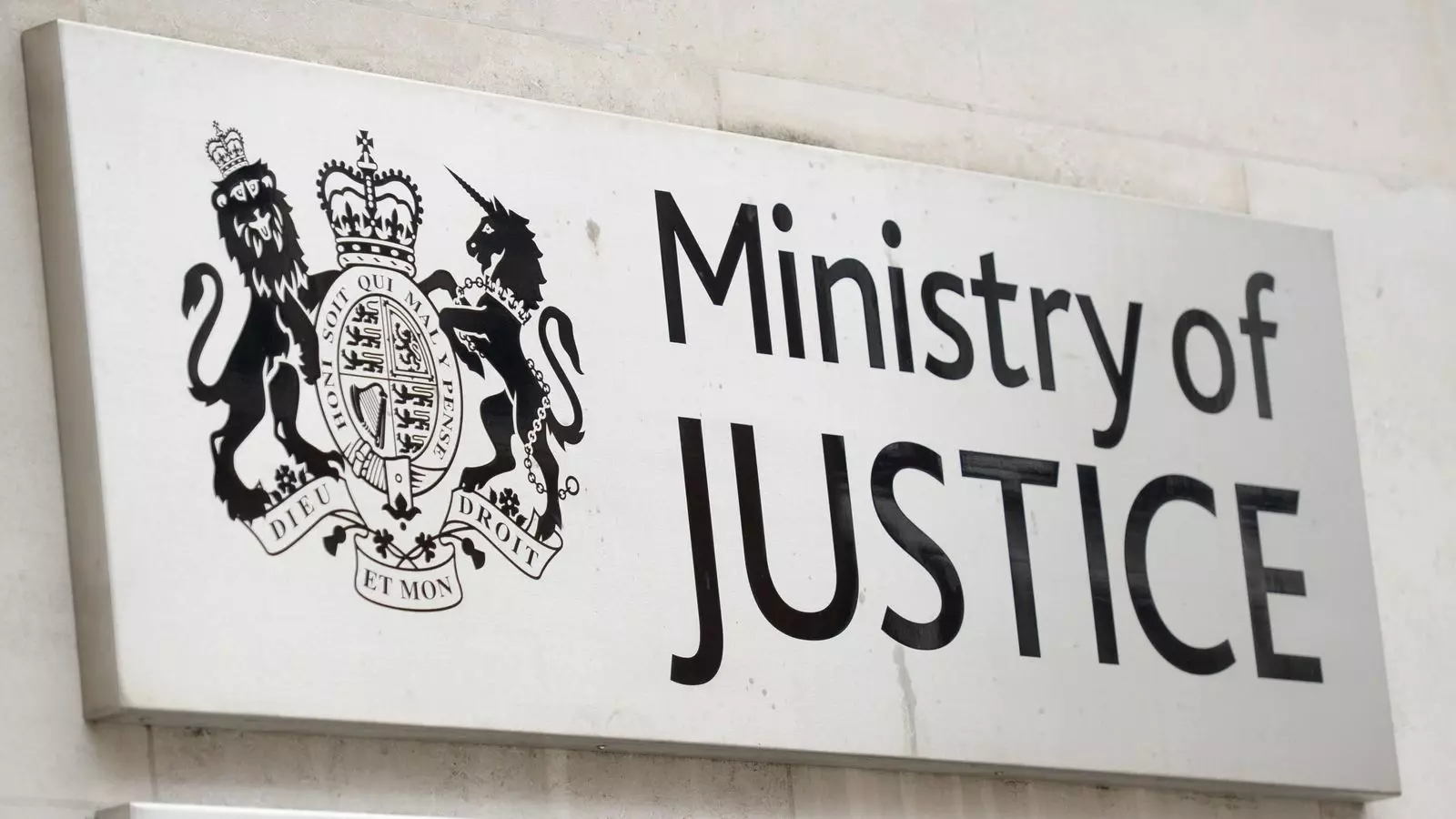In a disturbing turn of events, the Ministry of Justice (MoJ) has confirmed a significant cyber attack on the Legal Aid Agency (LAA), revealing a breach that exposes the personal data of countless individuals who sought legal assistance. The intrusion, characterized as a breach of trust, has been described as stemming from “neglect and mismanagement” of system vulnerabilities that had long been ignored by previous administrations. While the hackers claim access to a staggering 2.1 million data entries, the MoJ remains tentative about the veracity of this claim, hinting at a potentially catastrophic failure in safeguarding sensitive information.
The cyber attack’s timing is particularly unsettling; it was identified on April 23, yet the full extent of the breach only came to light days later. This delay in recognizing the severity of the situation raises questions about the internal processes that govern data security within the MoJ. Is this merely an unfortunate incident, or a symptom of systemic flaws that have been allowed to fester for far too long?
Unpacking the Data Exposure
The data compromised spans an overwhelming 15 years and encompasses vital personal information — from criminal records to financial status — of those who applied for legal aid. This revelation touches not just on legal vulnerabilities but on fundamental issues of privacy and personal security. Given the sensitive nature of legal aid applications, which often involve issues of vulnerability and poverty, how can the government expect those who sought assistance to feel safe and protected in an increasingly digital world?
The MoJ’s response has been lukewarm at best. Advising individuals to update passwords and remain vigilant is hardly enough to reassure those affected. The recommendation hints at a reactive rather than proactive approach to cybersecurity, raising eyebrows over the efficacy of governmental preparedness in the face of cyber threats. The LAA’s decision to take its digital services offline feels like a step born from panic rather than strategic foresight. If the goal was to safeguard data, the real question should be why these systems had not been fortified in the first place?
The Anachronistic IT Systems
When the Law Society points to the “antiquated IT system” as a catalyst for this security breach, one must pause and consider how we have tied the integrity of our entire justice system to outdated technology. The reliance on antiquated software is not just a disclosure of technical incompetence; it reveals a fundamental misunderstanding of the importance of digital infrastructure in protecting civil rights and maintaining public trust in the justice system. In a time when cyber threats are pervasive, investing in robust technological frameworks should be non-negotiable, especially in agencies entrusted with protecting the most vulnerable members of society.
This incident goes beyond mere negligence; it’s a wake-up call to lawmakers and administrators alike. What good is ‘justice for all’ if the public’s personal information is vulnerable to exploitative hands? The burgeoning cybersecurity landscape demands political will and funding to upgrade outdated systems. Surely, if our institutions are to claim legitimacy, they must also safeguard the data they collect vigorously.
Shifting the Onus: A Call for Accountability
The response from the LAA’s chief executive, Jane Harbottle, while earnest, highlights a troubling trend in which agencies often shift the burden of responsibility to the very individuals they are meant to protect. Asking vulnerable individuals to take precautionary measures in the face of systemic failure feels intrinsically unjust. If anything, the onus should remain firmly on the government to ensure that robust safeguards are in place to prevent such breaches from occurring in the first place.
Furthermore, the coordinated effort with the National Cyber Security Centre and the National Crime Agency is commendable, but does it inspire genuine confidence? Or does it merely signal a pattern of reactionary governance where issues are only addressed after catastrophic failure?
In essence, the legal aid data breach serves as a somber reminder of the vulnerabilities inherent in our societal structures. It forces us to reckon with the uncomfortable truth that in the digital age, neglecting the security of sensitive information translates to a crisis of trust in public institutions. Transparency, accountability, and sustained investment in cybersecurity must become the tenets of our approach, lest we find ourselves mired in even deeper crises in the future.

